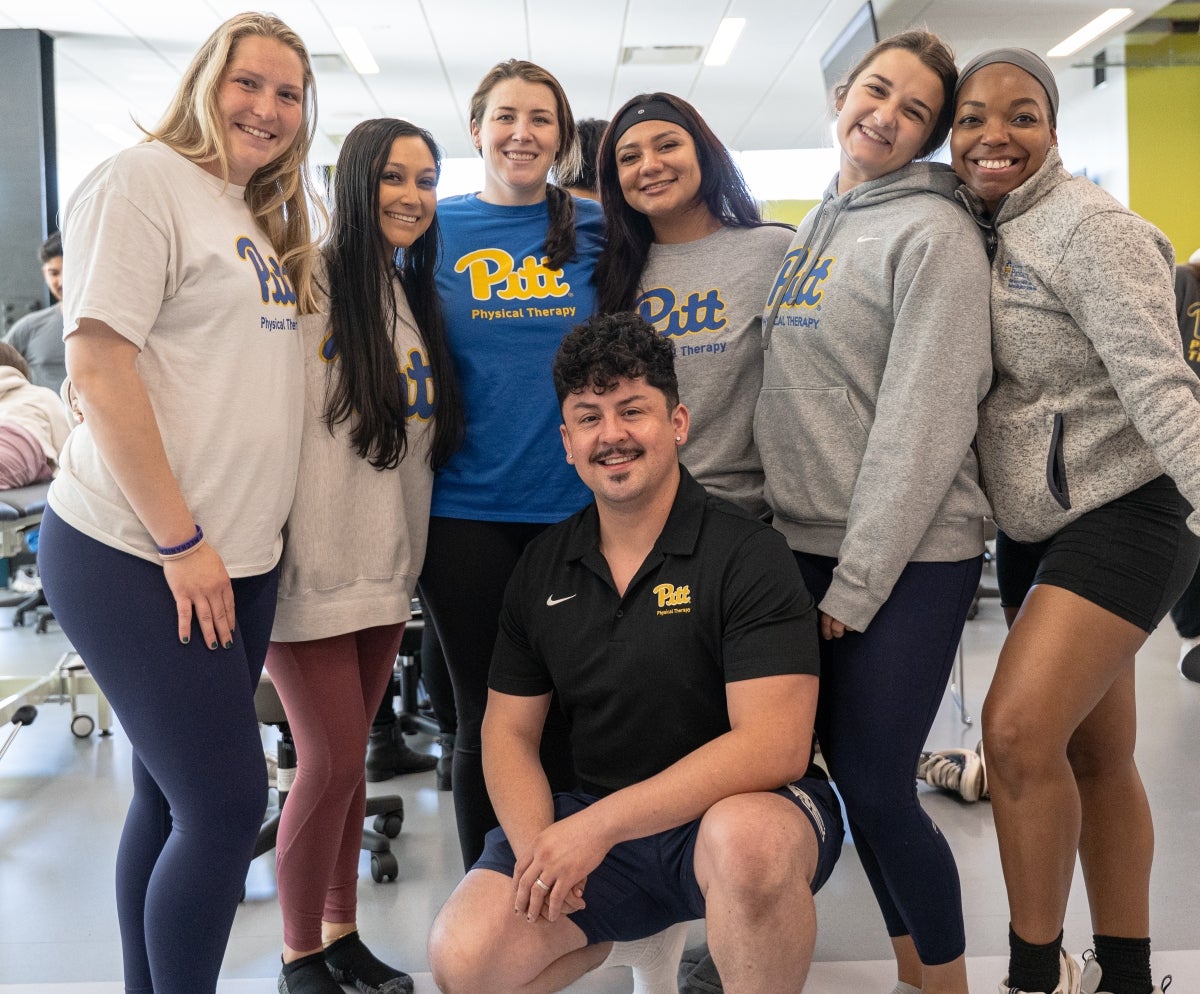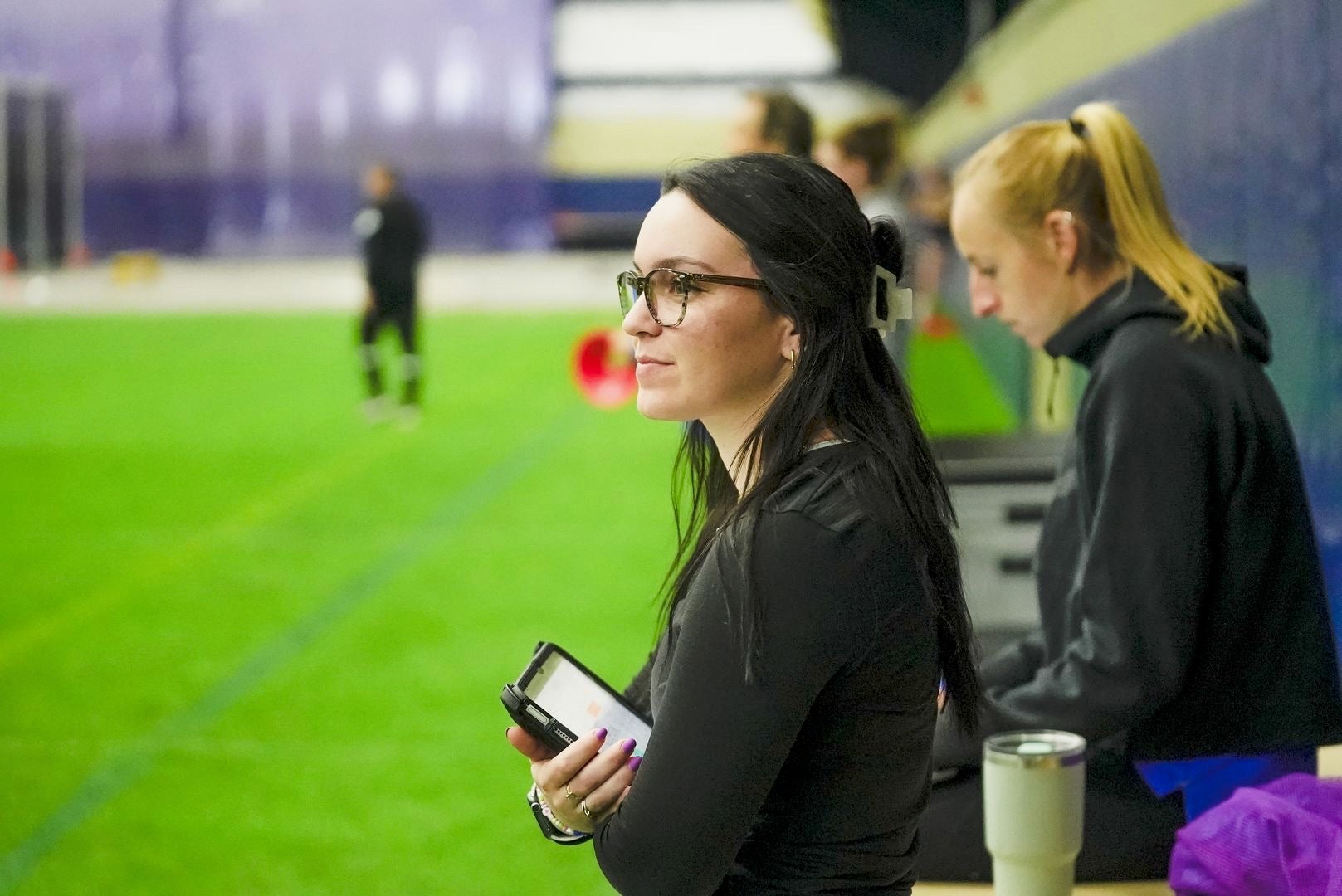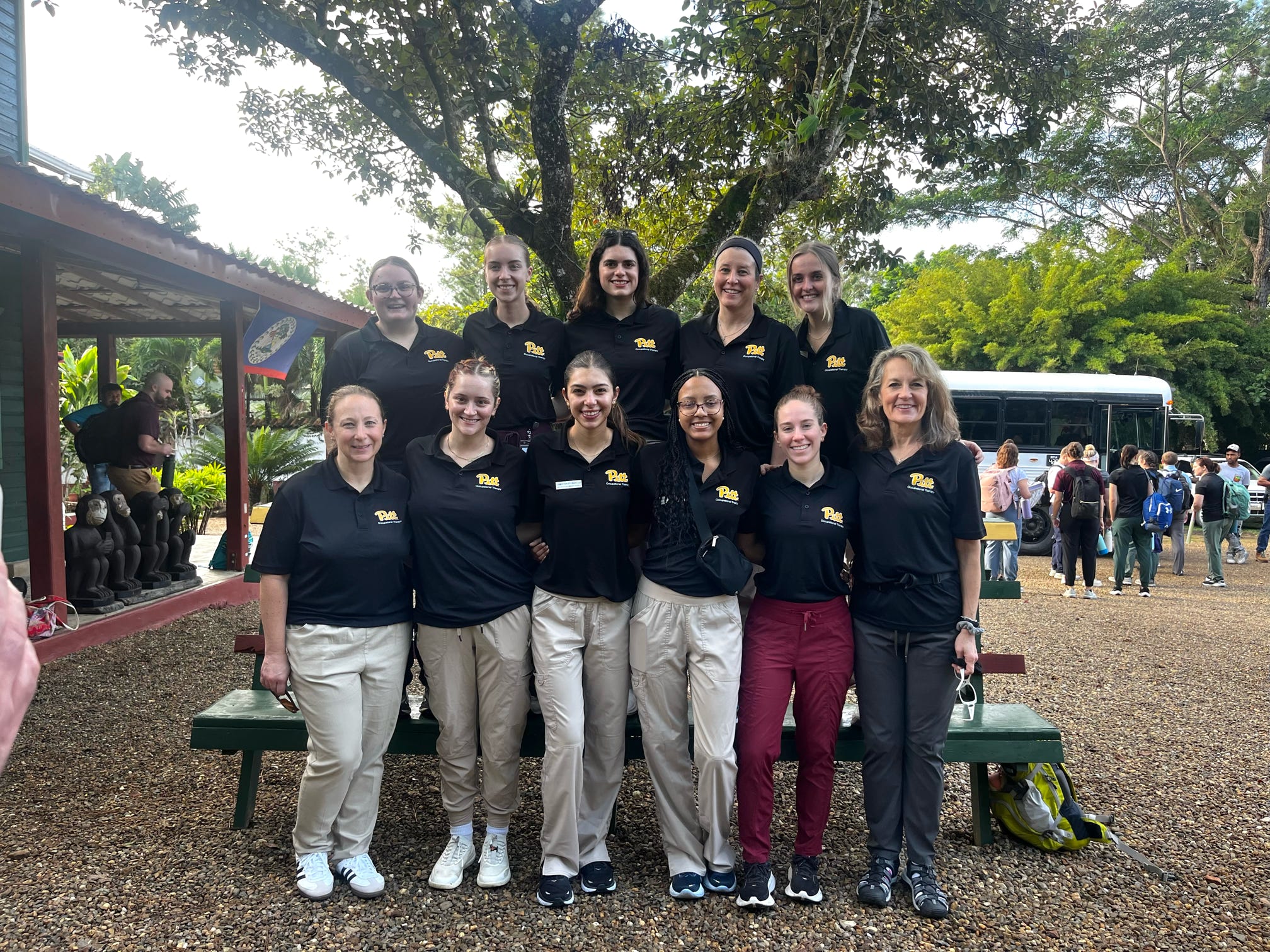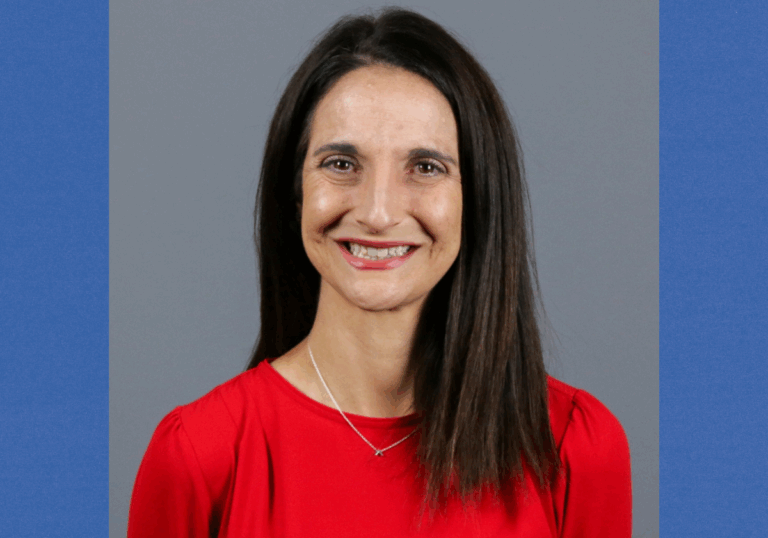
How to Request a Strong Letter of Recommendation for Your Pitt DPT Application
Letters of recommendation play an important role in the University of Pittsburgh Doctor of Physical Therapy admissions process, providing the Admissions Committee with insight into your readiness for graduate-level education and the physical therapy profession.
Read More
Gain Experience in Sports Science on and off the Field
Second-year Sports Science student Anna Michalski shares her experience in the program and working with the Pitt women's soccer team for her internship.
Read More
A Dream Doctor of Physical Therapy Clinical Experience: Cole Koontz’s Journey to Working with Professional Ice Hockey
Pitt PT has a vast network of alumni connections that can set you up for the career dream you've always wanted!
Read More
Pitt Doctor of Occupational Therapy Students Spearhead Interprofessional Service-Learning Trip to Belize
Two Pitt Doctor of Occupational Therapy students took the initiative to start an annual service-learning trip to Belize, a country where there are no occupational therapists.
Read More
Get to Know our Sports Science Students
Meet our current students in the Master of Science in Sports Science program!
Read MoreSHRS in the News
-
Myth-busting vitamins: Here's what to know about some common claimsJune 16, 2025 | Pittsburgh Post-Gazette
-
Pitt's aphasia support group offers connection for those who struggle to speakJune 7, 2025 | Pittsburgh Post-Gazette
-
The 6 Best Foam Rollers of 2025May 16, 2025 | The New York Times Wirecutter
-
How Pitt keeps hand cyclists on the road to success in the Pittsburgh MarathonMay 15, 2025 | Pittwire
-
Elaine Mormer co-guest editor with School of Pharmacy Lucas Berenbrok of February 2025 issue of Seminars in HearingApril 28, 2025 | Proceedings from the Inaugural University of Pittsburgh OTC Hearing Aid and Hearing Self-Care Symposium


